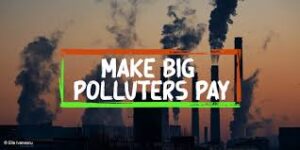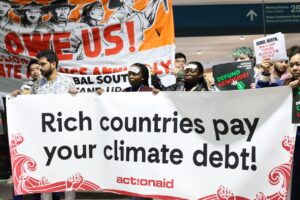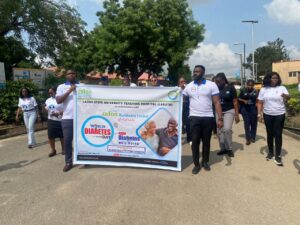
On October 28, 2024, Corporate Accountability and Public Participation Africa (CAPPA) and the United States-based Corporate Accountability (CA) will unveil the Africa Make Big Polluters Pay (MBBP) Storytelling Platform, where African communities at the frontlines of climate change and extractive industry devastation can share their stories and experiences in the pursuit of climate justice.
The MBBP Storytelling Platform will illuminate the devastating impacts of transnational corporations’ extractive activities, debunk false solutions, and champion real and sustainable alternatives in Africa.
Modelled after a virtual fireplace, the website will be a monthly digital gathering where regional MBPP partners and frontline communities will meet to share their experiences, breathing life into the struggles for climate justice, humanizing the issues and inspiring others to join the cause.
Visitors to the website will meet the people at the heart of the climate crisis, as they share their stories of resilience, resistance, and hope in the face of environmental challenges caused by corporate exploitation.
Akinbode Oluwafemi, Executive Director of CAPPA, said: “In light of the global politics that have characterised agitations for climate justice in the Global South, a platform like this is necessary to provide clear evidence and strengthen demands for reparative compensation that addresses the full scope of economic and non-economic losses suffered by frontline communities.”
Apart from the launch of the website, key activities at the event will include
• Presentations on “Snippets from the Ayetoro documentary” and “Maximizing Media Opportunities in African Climate Change Stories.”
• Pre and COP29 prioritised events
• Solidarity messages from MBPP partners.
Speakers at the hybrid press conference will include Neima Hellen, Corporate Accountability Africa Climate Director and Africa Make Big Polluters Pay Coordinator, Zikora Ibeh (Nigeria), Olamide Ogunlade (Nigeria), Robert Egbe (Nigeria), Kpondzo Kwami (Togo), Godsent Wheidarger (Liberia), Labram Musah (Ghana), Wale Obayanju (Nigeria), and Hilda Nakabuye (Uganda), among others.








